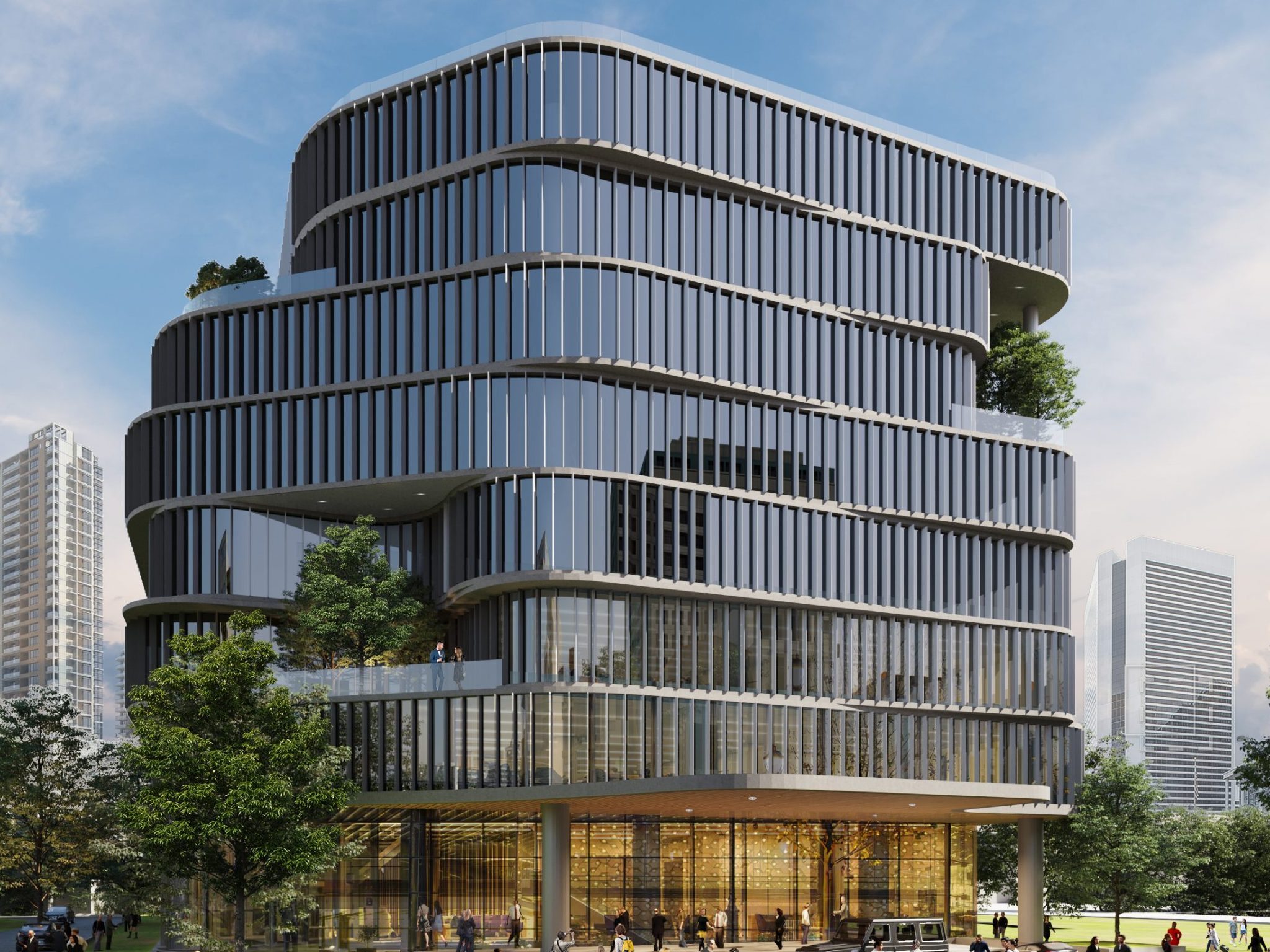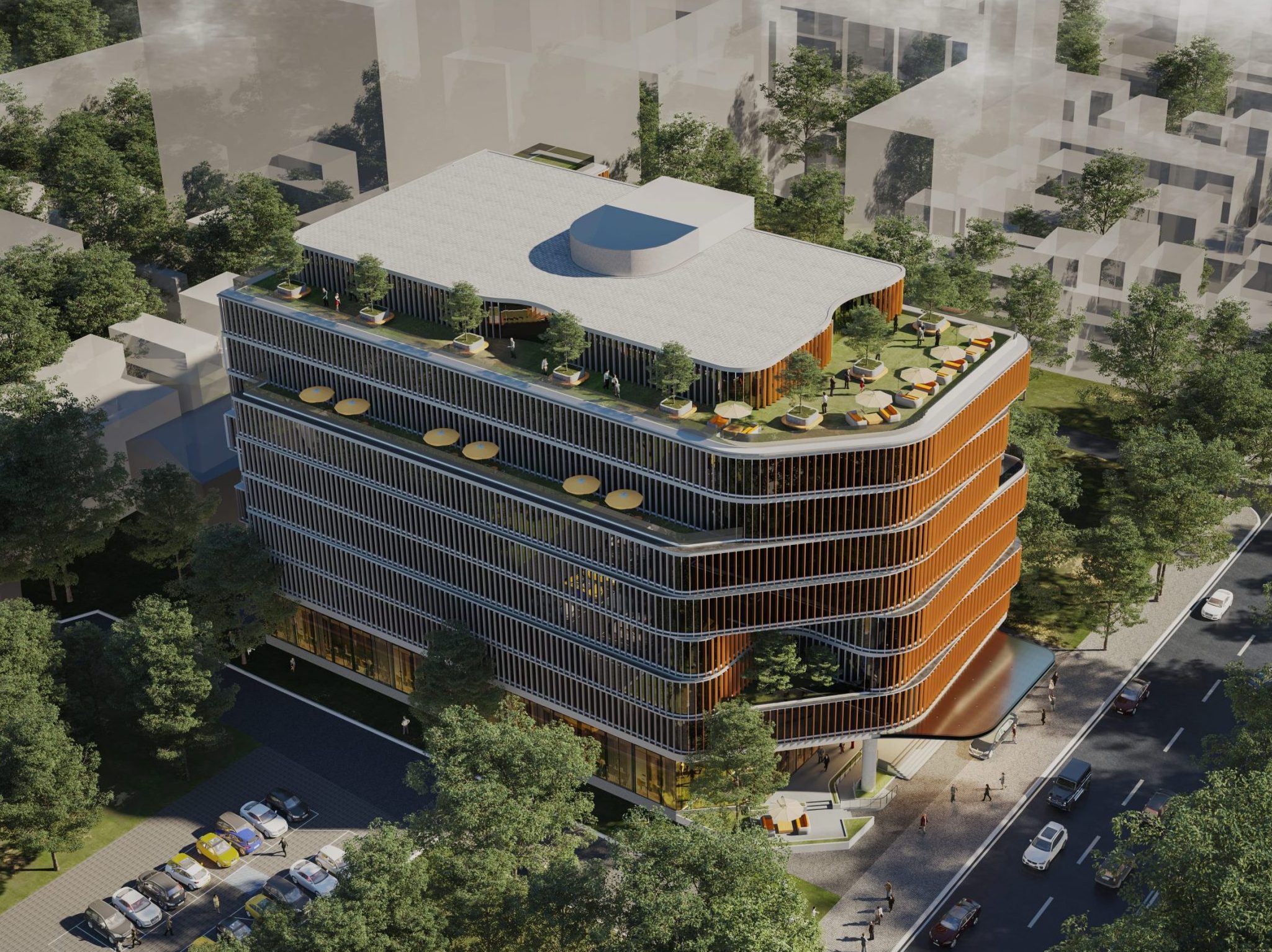The definition of ‘office work’ is changing, with far more focus on the environment enabling collaboration, connectivity and achieving ESG goals. To reflect the significant changes to Viet Nam’s office market, Savills updated its office grading system in Q1/2023. See how decentralisation, the environment, human experience, and sustainability are changing demand, market composition, and development strategies.
WHAT IS OFFICE GRADING?
Offices are typically graded A, B, or C depending on how they score against criteria such as location, quality, management, parking, and amenities. Post pandemic, the environment, technology, and wellness are also key grading criteria.
Office grading allows classification and measurement, which is fundamental to transparency and market health, and helps leasing, operations, marketing, and development strategies.
There are no government or industry standards to grade offices in Viet Nam. In 2004 Savills introduced the existing office grading system, derived from established markets like Hong Kong, Singapore, Australia, and Canada, and aligned these with local practices. Savills updated the office grading system in Q1/2023.
WHAT CRITERIA ARE USED TO GRADE?
Grade A and Grade A suburban buildings have the highest score (85+), followed by Grade B (at least 65), and then Grade C (at least 35). Although Grade A offices are highly desirable, they are not necessarily the highest rental. Location plays a significant role in price; therefore, a Grade A suburban property could be more affordable than a Grade B property in the CBD.
Environmental, Experiential, Technological, and Sustainability Demands
With offices moving away from simply being spaces of, office grading has become more sophisticated and now considers services, sustainably, technology, and environmental impact.
Meeting ESG and net zero targets is important for occupiers, and therefore, developers wanting to achieve the widest possible tenant pool. To future-proof, developers are looking at how they can achieve green certifications like LEED, LOTUS, WELL, or EDGE. Sustainability efforts are not purely related to environmental materials or resource tracking but also speak to implementing active governance, and social commitments.
Technology underpins operational and environmental efficiency, but also user experience. At Grand Terra – 36 Cat Linh in Ha Noi, technology is fundamental to upholding its green certification. Technology maximises performance and ensures future competitiveness.

Human experiences are also important in ranking offices. Savills updated grading considers RISE principles, which is a customer-centric model that looks at experience, engagement, and the environment. Developers and occupiers can practically measure how buildings influence human experiences with certifications such as WELL, which measures and monitors how the built environment influences human health through air, water, nourishment, light, fitness, comfort, and mind.
DECENTRALISATION
Traditional CBD core land is scarce, pushing development to outer districts. Improved infrastructure like the Metro and the affordability of non-CBD land are also driving office decentralisation.
To consider high-quality office stock outside the historical CBD, Savills Q1/2023 office grading introduced a new category, ‘Grade A suburban’. These are high-quality offices with the same criteria as traditional Grade A, except they are located in well planned urban areas, such as Mapletree Business Center in Phu My Hung.
DEVELOPMENT OF GRADE REQUIRES STRONG COST BENEFIT ANALYSIS
Developers should consider their grade objectives before commencement to include materials, technologies, amenities, and design features that speak to the desired grade. Grade A properties must meet a high ESG standard, therefore, construction materials could be eco-friendly, or Grade B developers must ensure an appropriate level of technology integration. To minimise the cost of retrofitting, grade criteria should be incorporated from the planning and development phase.
Savills Q1/2023 office grading update meant several properties were downgraded; however, scoring is not permanent. Developers can work with flexible criteria like common areas and features like services, security, management, and technology integration to boost their scores.
Conclusion
Office grading provides a comprehensive framework to measure, which ensures market transparency. Given changing customer demands, Savills office grading system required an update to reflect the current market and pipeline. Criteria now extend to people, experiences, and the environment.






